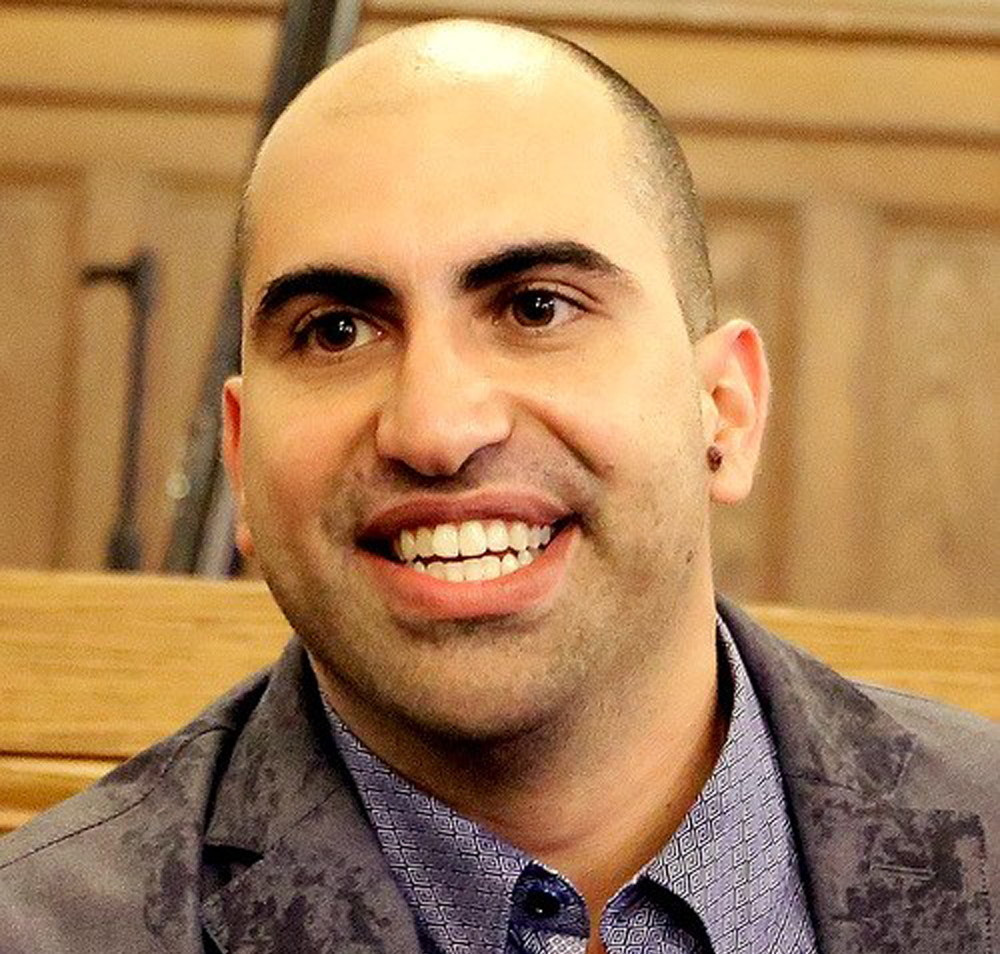Say it forget it, write it regret it
Professors respond to question of academic freedom following dismissal of Steven Salaita
What do your Twitter, Facebook and Instagram accounts look like?
Most employers will ask about your online presence before hiring you. And to the surprise of some, this includes academics in university settings.
Steven Salaita, a professor appointed to teach American Indian Studies at the University of Illinois, had his employment offer revoked after tweeting critical thoughts on Israel’s military action in Gaza.
On Aug. 2 Salaita tweeted “When will the attack on #Gaza end? What is left for #Israel to prove? Who is left for Israel to kill? This is the logic of genocide.”
That tweet was one of a dozen or so posts Salaita made to Twitter that allegedly prompted his firing. The tweets were made known to University officials by a group of students who were offended by the criticisms Salaita had expressed about Israel.
In response to Salaita’s dismissal and ensuing controversy, there will be a forum on Oct.10, at 12:30 in 2M70 at the University of Winnipeg (U of W), titled Dialogues, to discuss issues of academic freedom in universities.
The forum is one of a series, formerly known as Friday Forum, and is organized by U of W’s Jason Hannan.
Hannan, an assistant professor in the Rhetoric, Writing and Communications department says incidents such as the Salaita case have the effect of discouraging professors to speak their minds, which makes it a threat to academic inquiry.
“As an observer, I found it very disturbing,” Hannan says.
Andrew Park, associate professor of biology at the University of Winnipeg and speaker at the event says it’s tough to comment on Salaita’s case without getting into trouble, but believes academics should be free to say what they want publicly.
“Unless he said something that crosses the border into hate speech … then, as a professor he should be free to say what he wants,” Park says, adding Salaita still had a responsibility to be aware of how his messages might be received.
“My contribution [to the forum] is hopefully to realize that these issues are … in society, and not just in university,” Park says. “In fact, academic freedom in university is one of the few places where scientists can actually speak out and address controversial issues.
“I think it’s important for students to realize that these trends have the potential to change society … we can’t afford to have censorship become a … normal operating procedure.”
Peter Ives, a U of W political sciences prof, says academic qualifications - Salaita’s in particular - should “speak above his comments as a civilian.”
“Academic freedom doesn’t give me the right to teach whatever I want,” Ives says, “but it does give me some notion that it’s us as academics who are in the best position to make those judgements.”
Earlier reports from The Guardian say University of Illinois officials described Salaita’s comments as uncivil, representing “disrespectful and demeaning speech that promotes malice”.
Ives questions this and wonders if there is a line between civil and uncivil, and who is to make that distinction. It’s a question being echoed by those expected to toe the line who may find their jobs in trouble if they don’t.
Anyone interested in learning more about academic freedom, Steven Salaita and censorship can attend Dialogues Oct. 10 at 12:30 in 2M70 at the University of Winnipeg.
Published in Volume 69, Number 5 of The Uniter (October 1, 2014)







